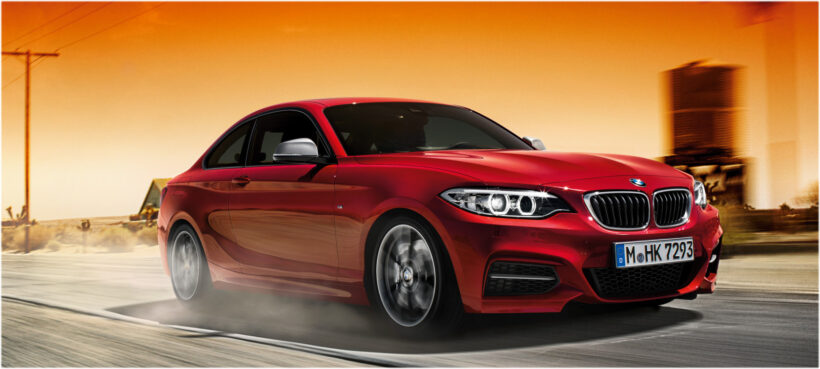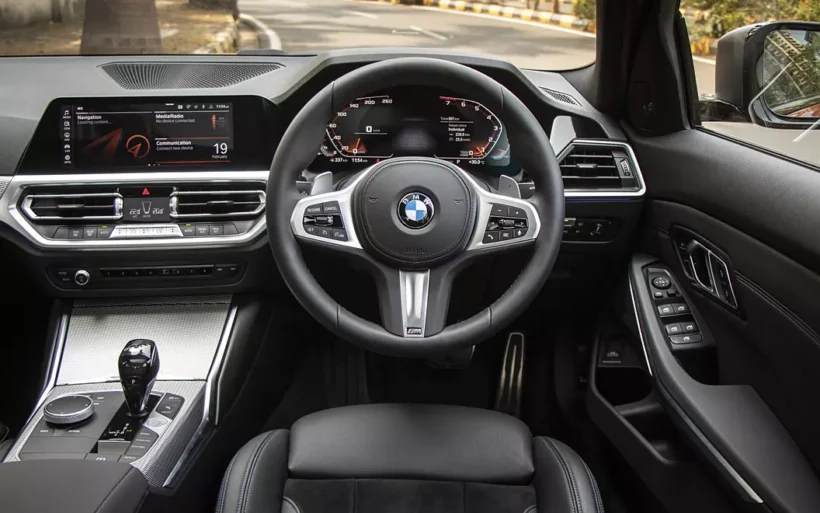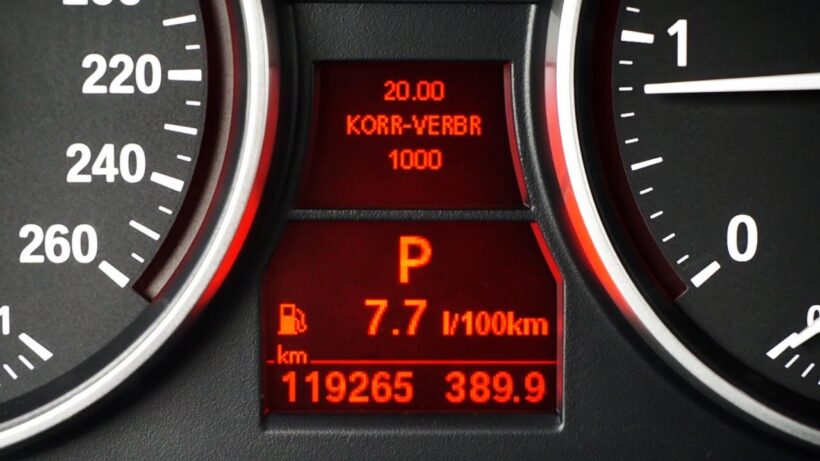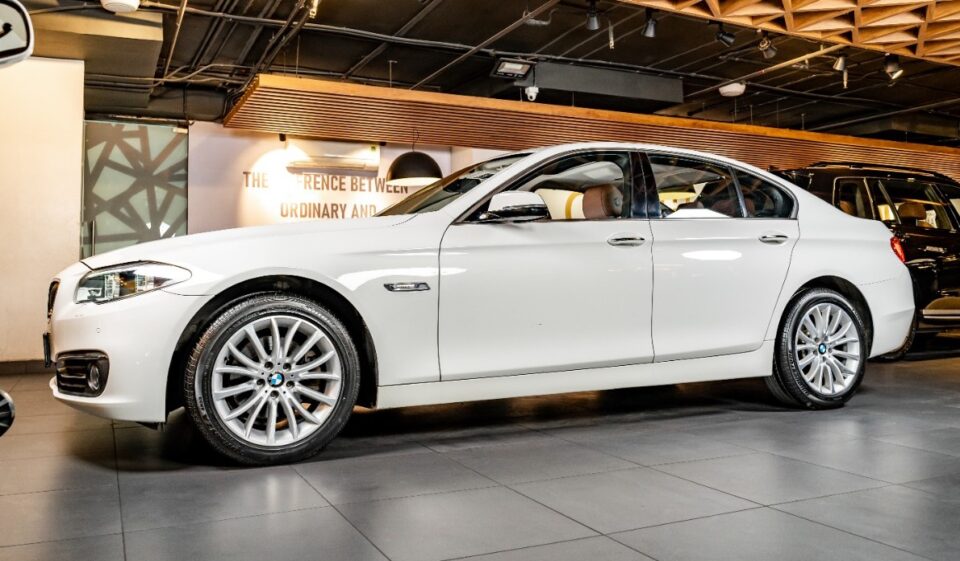Owning a BMW is often seen as a symbol of luxury and high performance. These German-engineered vehicles have a reputation for sophistication and efficiency, captivating car enthusiasts worldwide. However, behind the allure of the BMW badge lies a complex picture of both advantages and disadvantages. This article aims to provide a balanced view, exploring various aspects of BMW ownership and highlighting the pros and cons associated with them.
Performance and Engineering

Pros
BMW is synonymous with performance. Renowned for their engineering excellence, BMWs offer a driving experience that is hard to match. From smooth acceleration to precision handling, these cars are designed for those who love to drive. The engines are powerful yet efficient, ensuring a thrilling yet controlled ride. The integration of advanced technology further enhances the driving experience, making BMWs a top choice for performance enthusiasts.
Cons
However, the advanced engineering of BMWs comes with a cost. Maintenance and repair of these sophisticated machines can be expensive. The high-performance components are often costly to replace or repair, and specialized knowledge is required for servicing. This means higher service bills and potentially more frequent visits to the mechanic, especially for models that are out of warranty.
Interior and Technology

Pros
The interior of a BMW is where luxury meets functionality. High-quality materials, ergonomic design, and state-of-the-art technology converge to create a comfortable and luxurious cabin. The infotainment system in BMWs is usually ahead of the curve, offering seamless integration with smartphones and providing intuitive navigation and entertainment options. The focus on driver comfort is evident in every detail, from the seating to the placement of controls.
Cons
On the flip side, the advanced technology in BMWs can be a double-edged sword. The complex systems require time to learn and adapt to, which can be overwhelming for some drivers. Additionally, with technology evolving rapidly, some features may become outdated more quickly than expected, impacting the car’s future-proofing. Upgrading these systems can also be costly, adding to the long-term ownership expenses.
Parts Replacement
Pros
The emphasis on quality is evident in every aspect of a BMW, and this extends to its replacement parts. The individual components are engineered with precision and designed to meet rigorous standards. Sticking to genuine BMW parts ensures that the vehicle maintains its performance, safety, and efficiency. The high degree of engineering and precision in design means that these parts integrate seamlessly with the vehicle, maintaining the integrity of the BMW driving experience.
Cons
The downside to the high quality of BMW parts is their cost. Genuine BMW replacement parts are typically more expensive than third-party alternatives. This can significantly increase the cost of repairs and maintenance over the life of the vehicle. Additionally, the need for specialized performance parts means that not all mechanics have access to or are familiar with them, potentially limiting service options and leading to longer wait times for repairs. The precision engineering of BMWs demands that only the best parts be used, but this comes at a premium.
Fuel Efficiency and Environmental Impact

Pros
Modern BMWs shine in terms of fuel efficiency, especially in their newer models. Many come equipped with eco-friendly features, such as start-stop technology and regenerative braking, which help in reducing fuel consumption and emissions. BMW’s investment in hybrid and electric vehicles also demonstrates the company’s commitment to reducing environmental impact. These innovations allow drivers to enjoy the performance of a BMW while being conscious of their carbon footprint.
Cons
However, it’s worth noting that the performance-oriented models of BMW, particularly the larger engines, can be less fuel-efficient. This can lead to higher running costs, particularly in regions with high fuel prices. Also, the production and disposal of batteries in hybrid and electric models raise environmental concerns, potentially offsetting some of the benefits of lower emissions during operation.
Resale Value and Depreciation
Pros
BMW vehicles are known for their strong resale value, thanks in part to their brand reputation and enduring appeal. High demand for pre-owned BMWs helps in retaining a significant portion of their original value, making them a smart choice for those considering resale or trade-in down the line. The luxury and performance of a BMW often translate into a higher resale value compared to other brands.
Cons
Despite the strong brand, BMWs can still suffer from depreciation, like any other vehicle. Luxury cars, in general, tend to depreciate faster than more economical brands, and BMWs are no exception. The initial cost of a BMW is higher to begin with, which means that even with a smaller percentage of depreciation, the absolute amount lost can be substantial, especially in the first few years of ownership.
Safety and Driver Assistance
Pros
BMW is at the forefront of automotive safety and driver assistance technologies. Their vehicles are equipped with a range of features designed to protect passengers and assist drivers. This includes advanced airbag systems, stability, and traction control, and innovative driver-assist technologies like lane departure warnings and collision avoidance systems. These features not only enhance safety but also contribute to a more relaxed and confident driving experience.
Cons
While BMW’s safety features are cutting-edge, they also add to the complexity and cost of the vehicle. In the event of repairs, the sophisticated safety systems can be expensive to fix. Additionally, the reliance on technology can sometimes overshadow basic driving skills, potentially leading to over-reliance on assistance systems and a false sense of security.
Final Lap

Owning a BMW is a statement of luxury, performance, and technological advancement. The brand offers an exceptional driving experience, high resale value, and advanced safety features. However, these benefits come with considerations of higher maintenance costs, potential for rapid depreciation, and environmental impacts. The decision to own a BMW should be made with a comprehensive understanding of these factors, balancing the joy and prestige of driving such a vehicle with the practicalities of its upkeep and overall impact. For those who value the unique blend of luxury and performance and are prepared for the associated costs, a BMW can be a rewarding investment.

